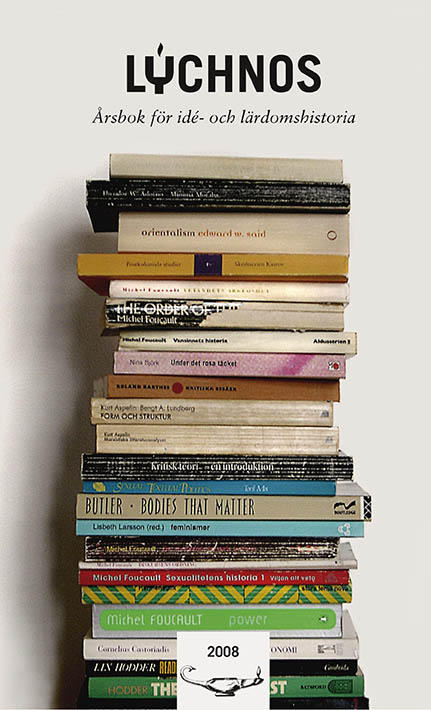The reception of post-processual archaeology in Sweden
Abstract
The University of Cambridge stands out as central for the introduction of post-processual archaeology in the early 1980s. In 1982 the archaeologist Ian Hodder published several books which were significant for the introduction of post-processual ideas. Because of the heavy critique of processualist archaeology, the Anglo-American debate between advocators of processualist and post-processualist approaches soon came to generate strongly antagonistic positions. The critique was primarily directed against positivist ideas that flourished within the processual school, whereas the post-processuals argued for a hermeneutic approach. Post-processual archaeology was soon to be associated with a number of terms and concepts, such as context, the active agent, interpretation, deconstruction, long-term history, reading material culture, structure and symbol.
Turning to the Swedish reception of post-processual archaeology, it is possible to state that there were some differences compared to the Anglo- American debate. In Sweden post-processual archaeology was conceived of as a complementary approach in questions where processual explanations seemed to be insufficient, and processual and post-processual approaches were combined rather than opposed. The early reception of post-processual archaeology in Sweden was primarily directed towards the symbolic meaning-dimensions of material culture and structuralist and social theories. Generally, post-processual ideas were met positively but somewhat cautiously in archaeological debates and reviews. However, there was also a pronounced scepticism toward relativism and the heavy emphasis on the interpreting subject.
During the 1990s conflicts came to the surface, not only between but also within the post-processualist field. It no longer seemed possible to bring together and combine processualism and post-processualism as was done in the early phase. During the last years the number of post-processual works as well as references to disciplines outside the archaeological field have increased, and today it is hard to find a common direction.
Downloads
Published
Issue
Section
License
This work is licensed under a Creative Commons Attribution 4.0 International License. The copyright for the work published in Lychnos remains with the authors.


